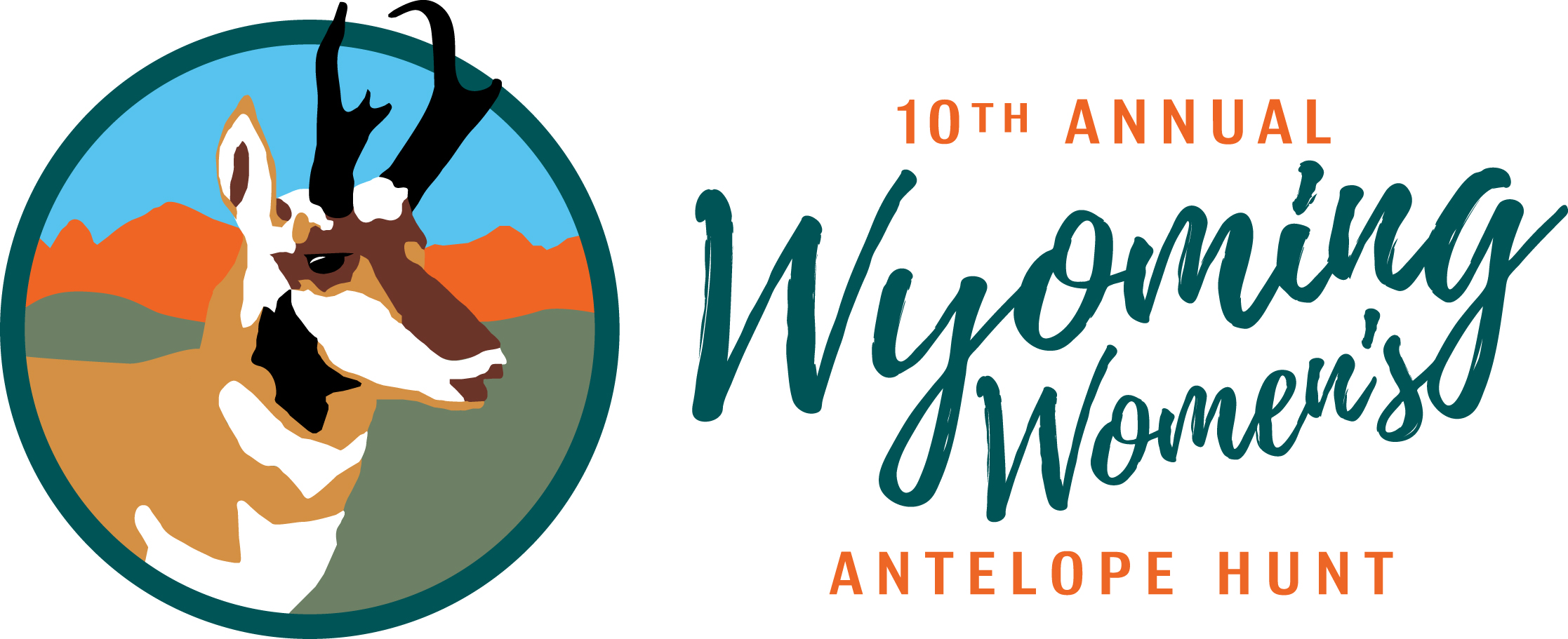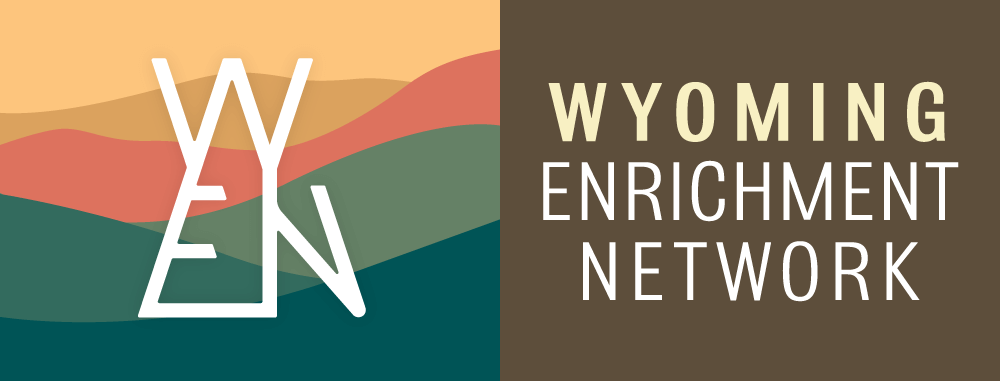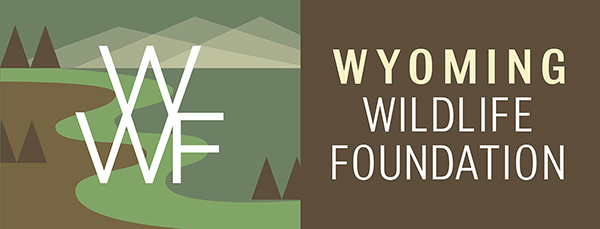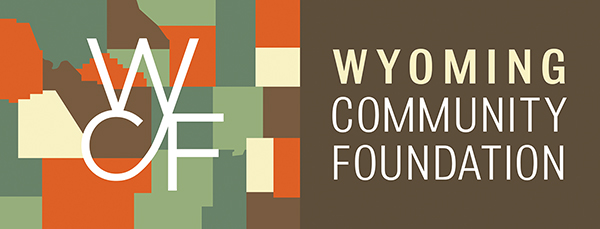Blog
WYOMING WOMEN’S ANTELOPE HUNT
Jen Barcklay: 2016 First Time Hunter
Jen Barcklay always wanted to learn to hunt. After a devastating incident, Jen endured a traumatic brain injury and had to stop nearly every aspect of her life for extensive rehabilitation. Jen has worked extremely hard these last 12+ years to rebuild her life; including re-learning how to walk and talk. The outdoors and the opportunity to participate in the Wyoming Women’s Antelope Hunt as a scholarship recipient opened up a new chapter in her life-long recovery. To Jen, the hunt seemed like the perfect scenario to be able to meet other like-minded women, learn about a new shooting sport as well and expand her social network.
We caught up with Jen to reminisce about her first hunting experience. Jen shared with us how she’s continuing to push the boundaries of traumatic brain injury recovery while rebuilding and reclaiming her identity with the help of friends she made at her first Wyoming Women’s Antelope Hunt.

How did you get interested in hunting? What drew you to the Wyoming Women’s Antelope Hunt?
Jen started by sharing a pivotal part of her story, stating that “In 2009, I had a brain injury from working as a civilian helicopter mechanic in Afghanistan. Its been a long recovery process. I was interested in hunting because I was looking for healthy, organic food to help my brain recover. I had always been a long-range shooter. Through learning to hunt, I was able to re-learn how to shoot rifles.”
“When I applied for the Hunt scholarship, I had no clue how to hunt! I would have had no idea what to do with a critter if I harvested one. When I worked down in Fort Collins and Cheyenne, I worked with a bunch of guys who elk hunted. For them, it was a week away from their wives rather than a genuine hunting experience. I always wanted to learn when I was living down in Wyoming but I just didn’t have the right people to go with.”
“It was the mentorship that really drew me to the Wyoming Women’s Antelope Hunt and the scholarship application.”
What was your first impression, arriving at Ucross for your first Wyoming Women’s Antelope Hunt?
“This was actually my first solo road trip after going through my recovery process. Driving to Wyoming was my first time getting away from home, away from the hospitals. I remember being terrified because I hadn’t been around people outside of a clinical setting for years.”
“I didn’t even know if I could pull the trigger. I had all the moral and ethical things running through my head about killing the animal. And I still deal with a lot of neurological problems, so I was pretty self-conscious about my speech and my tremors.
“But, everybody was so accommodating and welcoming. Everyone took care of all of the hunters really well. It was a great experience.”
What was your experience like with mentoring (whether you were a mentor or a mentee)?
Participants are mentored not only be a more experienced fellow hunter but also by a guide. Each trio becomes a collaborative team, and their mutual support can forge meaningful connections.
“I was completely new to hunting. My mentor ended up struggling a bit with shot placement, but our guide handled the situation really well. He was very patient and helped us figure it out. We ended up taking a break from the field and spent time practicing shooting at his ranch. Something was a little off with my rifle, so we stopped for lunch and re-checked my gun. We corrected it and continued practicing shooting. [My guide] Fritz said, ‘I just saw you shoot a target at 300 yards, so I think you’re good!’ That really gave me the confidence I needed!”
“It was late in the day when we spotted some antelope. We tried to put the sneak up on them, but it just wasn’t happening. Finally, I got my first shot at a doe at 165 yards. It was a perfectly placed broadside shot…then she got a whiff of us and she turned straight towards me. Fritz said, ‘you got this, just shoot her right in the chest.’ I was nervous because it’s a front shot, and they always say to take the broadside shot. But I ended up shooting her in the chest, and she dropped instantly. I didn’t even know if I could take the shot, with all the different things that go through your head when you’re taking a life. But I did it.”
When asked what she would remember most about the Wyoming Women’s Antelope Hunt, Jen said:
“The fact that I was able to do it! I hadn’t been around anyone except my family for a long time, and I just remember everyone being so welcoming and open. They were very accommodating if I had any problems. I went by myself, but by the end I made a whole bunch of new friends!”
Hunters have the option of having their harvest professionally processed, or doing it themselves with the help of a meat processing mentor if needed.
“I had the meat processed for me – I just didn’t know what to do with an animal after you shot it! Luckily, it fit into one cooler after being processed. I had to drive all the way back to Washington state, and I felt pretty darn exhausted. But I also felt proud of my accomplishment, and the fact that I was able to follow through and learn a whole new skill set that I’d been wanting to learn for a long time. I also met new friends to help me keep learning!”
Jen has continued to attend the hunt as a volunteer. We wanted to know, what else changed when she got home?
Upon reflection, Jen said that “hunting was always something I wanted to do, and I was really proud that I found the avenue to do it through the scholarship program. It was all just a good all-around experience, getting back to Wyoming and meeting a bunch of new people. It pushed the boundaries of my brain way beyond anything I could learn in a therapy room or classroom again.”
“Pushing my comfort zone after my brain injury ultimately led to what I’m doing now: continuing to hunt, continuing to be outdoors, pushing myself. Hunting has become part of what I do. The people I met at the antelope hunt – including people with disabilities, and other veterans – completely changed my life. I went on to do more hunts, and I’ve come back to the Wyoming Women’s Antelope Hunt as often as I can to volunteer. I even obtained my NRA rifle instructor certification so I help out at the sight-in range.”
Ashlee Lundvall is an ambassador for the outdoors and the 2.2 million in the United States who depend on wheelchairs for mobility and day-to-day tasks as well as the Americans in wheelchairs who are participating more in outdoor sports and activities. We are proud to have Ashlee as a member of our Hunt community, contributing as a participant, mentor, volunteer, committee member and donor.
“I also got to know Ashlee Lundvall, who helped me get my current job with Women’s Outdoor News. The Hunt literally saved my life. I didn’t know where I was going, and everything positive in my life has come from me branching out of my comfort zone.”
Jen has since returned to the hunt numerous times to offer support, camaraderie, and invaluable medical assistance. Over the years, Jen has transitioned from a first time hunter to a mentor and shooting instructor. She has written several articles about the Wyoming Women’s Antelope hunt and engages frequently with past hunters, know as Sisters of the Sage. We look forward to connecting with Jen again soon!

Hosted by the Wyoming Women’s Foundation



